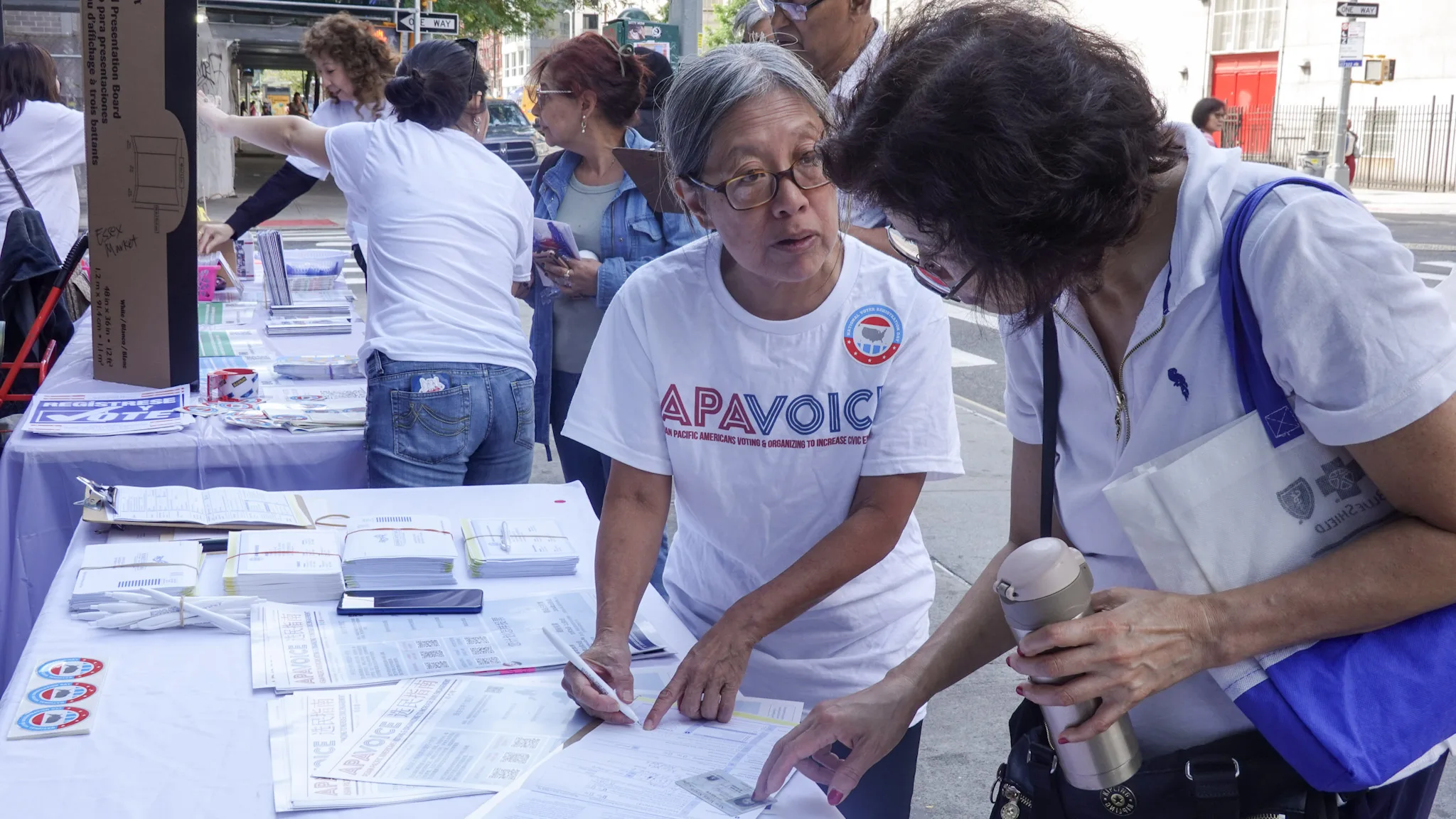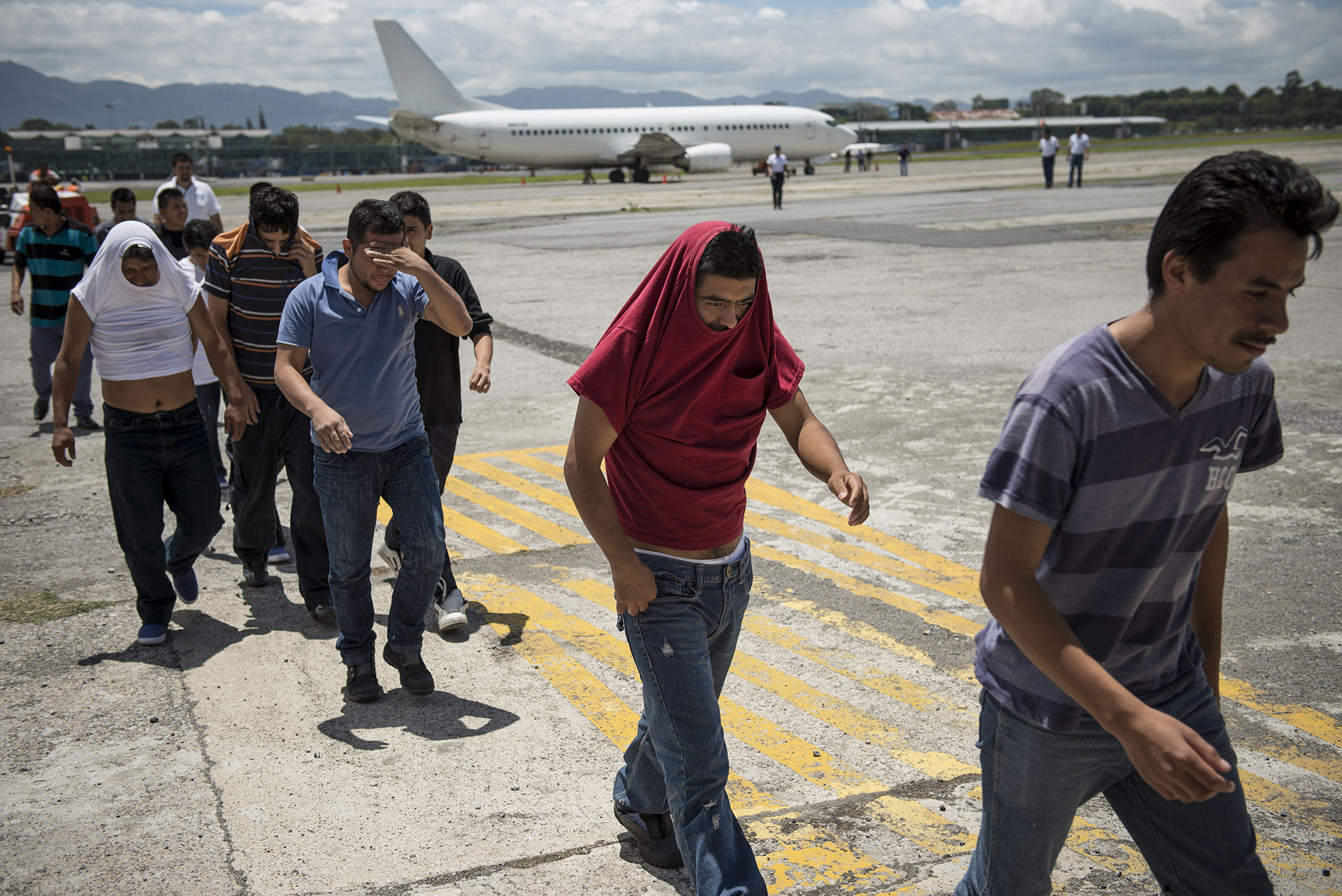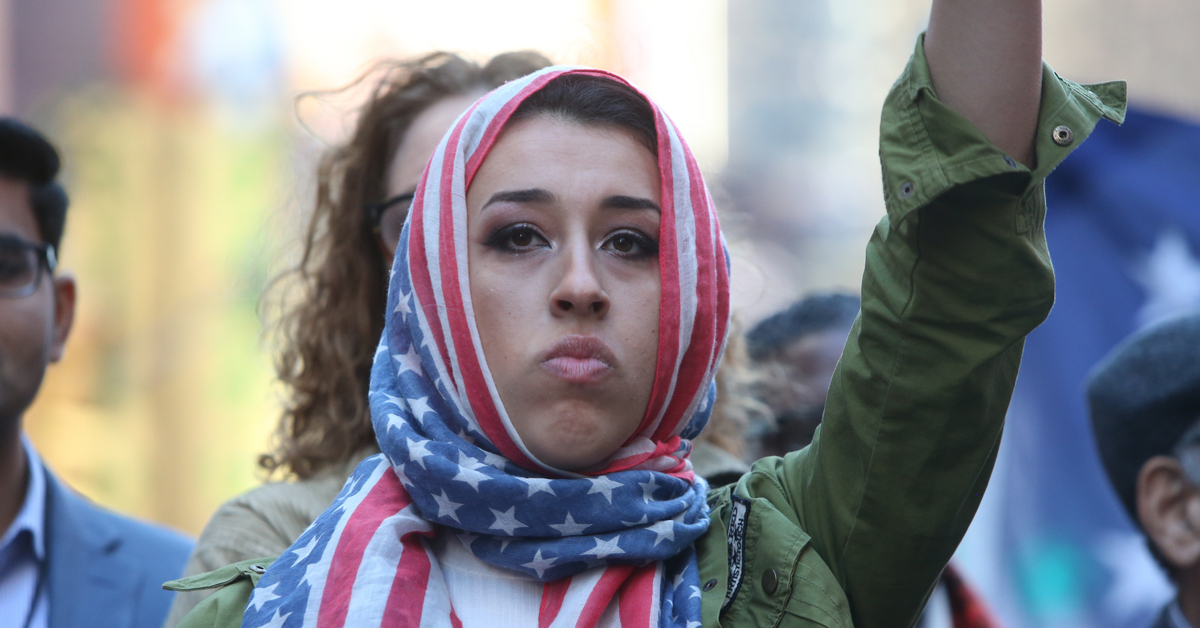It was Tuesday afternoon at the YMCA in Flushing, Queens. Children and their parents streamed in for their after-school programs. Upstairs, on the second floor, many were drawn to a table featuring a trays of mooncakes to celebrate the Mid-Autumn festival for the Chinese community and Chuseok for the Korean community. But, more importantly, next to festive treats were a handful of educational materials and pamphlets offered in English, Chinese and Korean answering one key question: How to register to vote.
On Sept. 17, MinKwon Center for Community Action, Asian Americans for Equality, and the Korean-Chinese-American Council organized the table, and corresponding event, as part of National Voter Registration Day. Ultimately, their goal is to increase voter registration within the Asian American community which has historically had some of the lowest voter turnout rates among the major ethnic groups.
Members of APA VOICE, the first Pan-Asian Redistricting Coalition in New York State, organized five National Voter Registration Day registration drives on Tuesday across various neighborhoods in New York City, targeting different Asian ethnic groups.
According to a new report by APIAVote and Target Smart, voter registration among Asian American, Native Hawaiian, and Pacific Islander communities has been on the rise. From January to June in 2020, there were 550,682 new registrations, while during the same period in 2024, the number surged to 787,982 — a 43% increase. This increase outpaced both Black and white voter registration growth during the same period.
New York City data also reflects this trend.
Melinda Wang for MinKwon Center and APA VOICE finds that the highest increase in voter registration among racial groups in New York comes from Asian registered voters, noting that Asian registered voters rose 8.6% from Jan. 1, 2020, to the general election registration deadline of Oct. 9, 2020.
Mohamed Q. Amin, founder and executive director of Caribbean Equality Project, also found a significant uptick in voter registrations in Richmond Hill, where many South Asian Americans and Indo-Caribbean Americans reside. Amin mentioned that in recent voter registration drives, the number of registrations increased from three to four every three hours to seven to eight in just two hours. “It just shows that people are excited about the election,” Amin said. “People are becoming more politically active and are eager to contribute to our building political power movement by voting.”
Also read: First-Time Voting for Naturalized Citizens, Explained
Yeon Park, the New American Initiative director at the Flushing YMCA, immigrated to the U.S. from Korea five years ago. This year will be her first time voting. It took her five years to decide to become a U.S. citizen, but less than a second to register as a voter. “As our population grows, we’re finally getting some recognition, so I thought, why not? I want to be more involved in civic, political, and social issues,” said Park, who added that she views voting as a citizen’s obligation. “If all the Asian population across the nation gets involved in the civic movement, we’ll have a voice,” Park said.
According to Christine Chen, co-founder and executive director of APIAVote, the drastic increase in voter registration among AAPI voters, which historically have the lowest turnout in elections, is a result of years of consistent integration of voter registration into community programming.
APIAVote has been working with local nonprofit partners in 29 states, including all the battleground states, to empower AAPI communities through voting and civic participation. The impact of the COVID-19 pandemic and the rise of anti-Asian hate, Chen noted, has also led to significant increases in voter registration among Asian Americans. “We remember the scars of 2020,” she said, explaining how the pandemic and associated discrimination served as a wake-up call for participating in elections.
Break the Vicious Cycle and Beyond
The increase in voter registration among Asian voters cannot be taken for granted, as Asian community organizations are striving to break what Linying He, associate director of research at Asian American Federation, called a “vicious cycle.” The cycle, as she explains, is where campaigns frequently overlook Asian Americans. In return, this contributes to low civic engagement among them. Campaigns tend to overlook them because of the costs associated with targeting such a diverse community and label them as “unlikely voters” due to their historically low voter turnout rate.
“A lot of new voters have heard about the two presidential candidates, but they don’t know much about their policies,” Mae Lee, executive director of the Chinese Progressive Association, told Documented at a voter registration event near Manhattan Chinatown on Tuesday. “There’s a lack of outreach from the candidates. Even though they are well-known, they should come to the community and tell people why they should vote for them.”
Also read: AAPI Community Seeks to Mobilize New York’s Young Asian Voters
However, when community organizations or campaigns provide outreach that is culturally relevant and conducted in voters’ native languages, voter turnout improves significantly, as seen in the recent special election for New York’s 3rd Congressional District, where Tom Suozzi (D-NY)’s victory is viewed as a successful example of this approach, said He.
He also mentioned that while safety and education consistently emerge as top priorities for many Asian American voters, the community is far from monolithic and Asian Americans are not single-issue voters.
补偿终止但盗窃不止!纽约近9千起粮食券被盗案难获赔
Trisha Kim, a community organizer at MinKwon Center, shared a similar observation. A wide range of issues — including immigration, job security, healthcare access, and housing — are top concerns for many first-time voters, especially in the context of the 2024 election, she said. Meanwhile, for communities like Indo-Caribbean and LGBTQ+ voters, issues such as reproductive justice, immigration, public safety, and job security are key factors driving their participation in elections, according to Amin.
Also read: Can Green Card Holders and Other Immigrants Vote?
The goal for many Asian community organizations goes beyond registering voters. Tools like the Asian American Federation’s ballot builder in eight languages, designed to provide logistical information and help voters understand candidates’ stances, are part of the push to ensure that voter engagement goes beyond registration. Additionally, the organization is collaborating with 10 partners to test the effectiveness of relational texting compared to traditional canvassing, asking volunteers to text their contacts in their preferred languages.

Diya Basu-Sen, executive director of Sapna NYC, highlighted the role of voter education in creating informed voters. She noted that while voter registration is a crucial first step, what is essential to making their participation meaningful is ensuring that voters know their rights, understand the issues, and are aware of how to use tools like ranked-choice voting for next year’s city election. “We want to make sure the community isn’t just registered,” she said, “but that they actually know how to use their voice and stay connected.”















